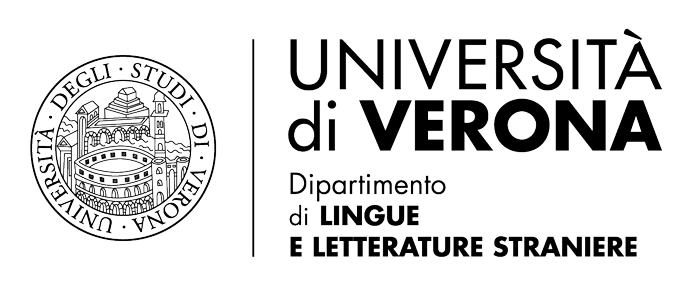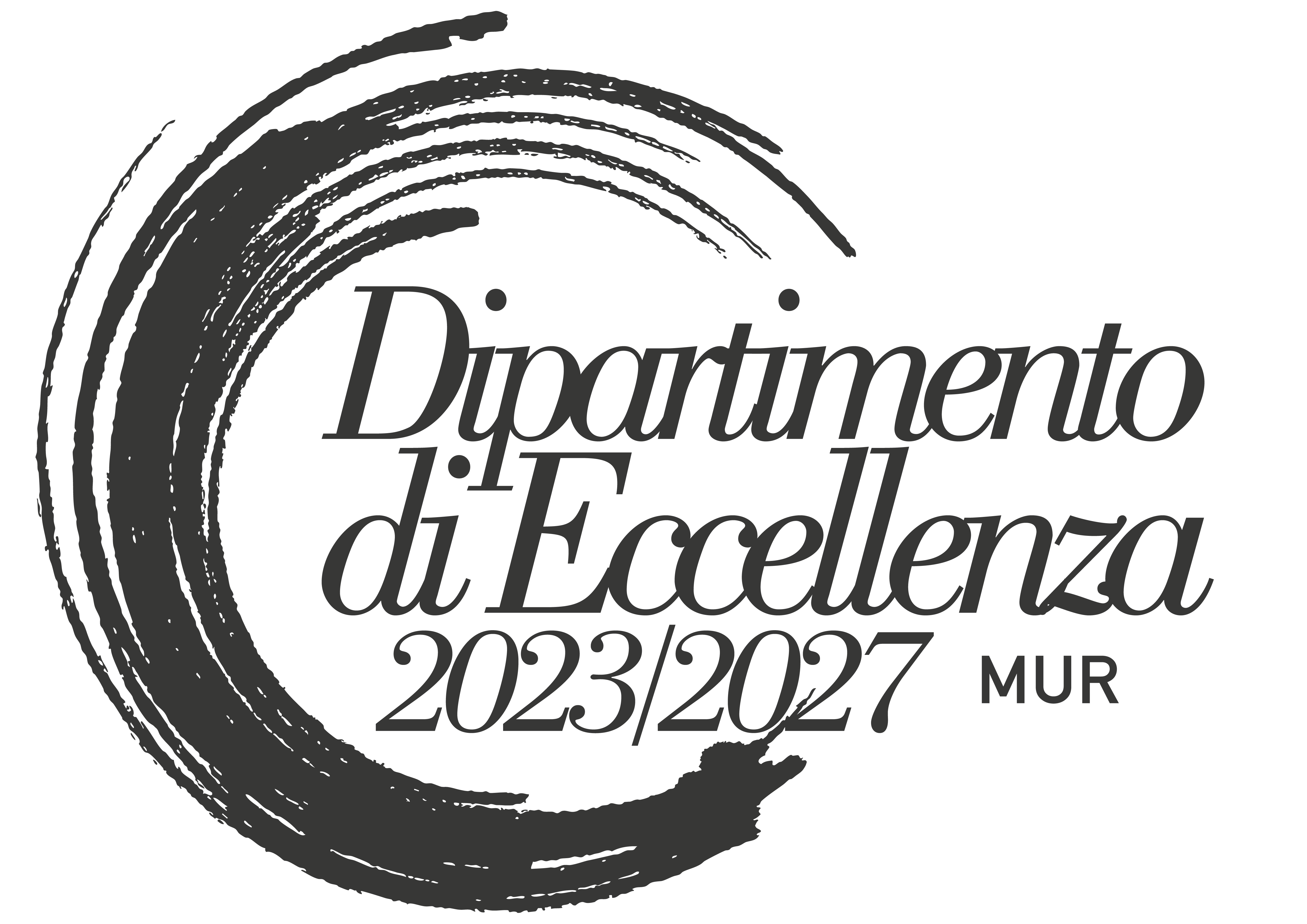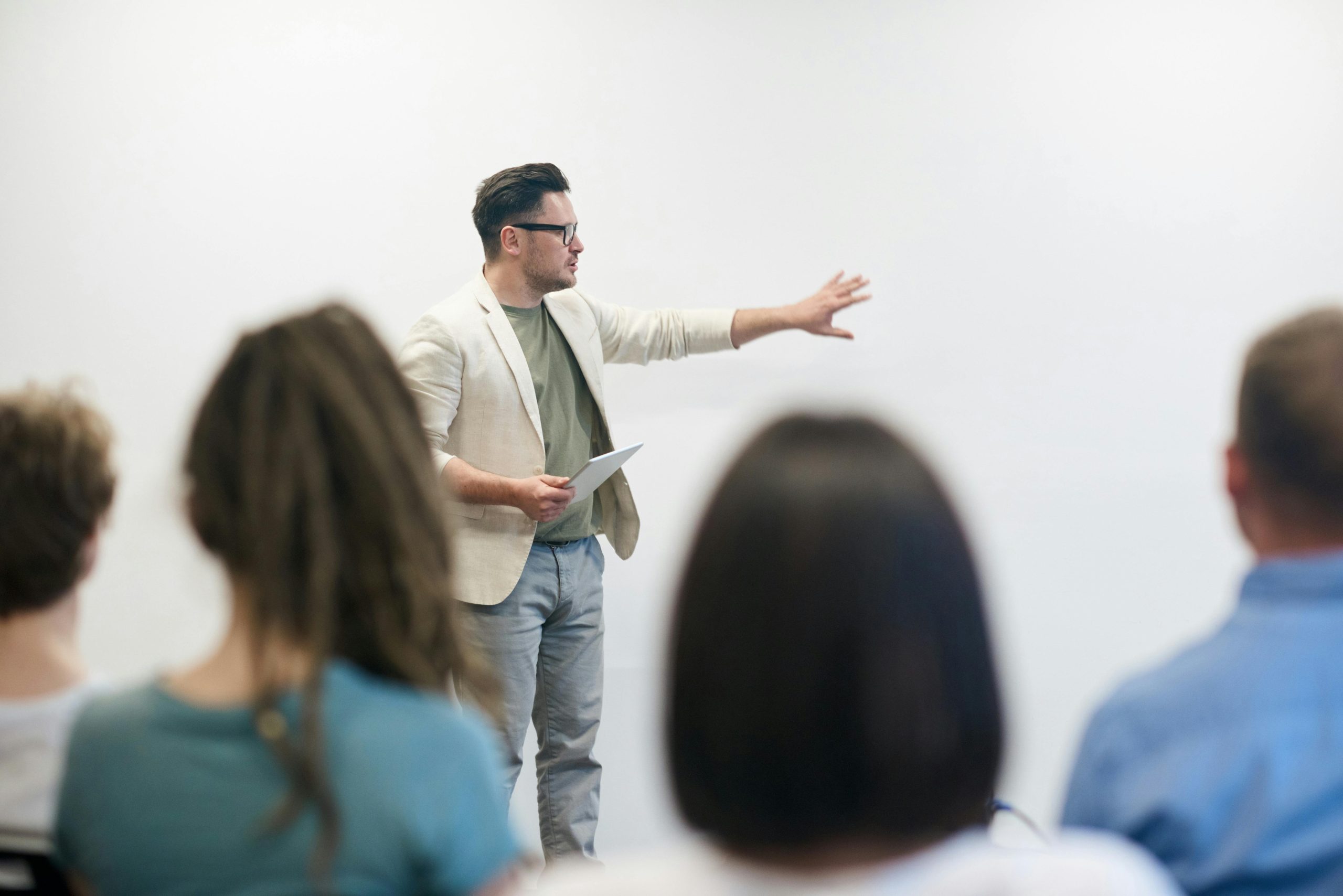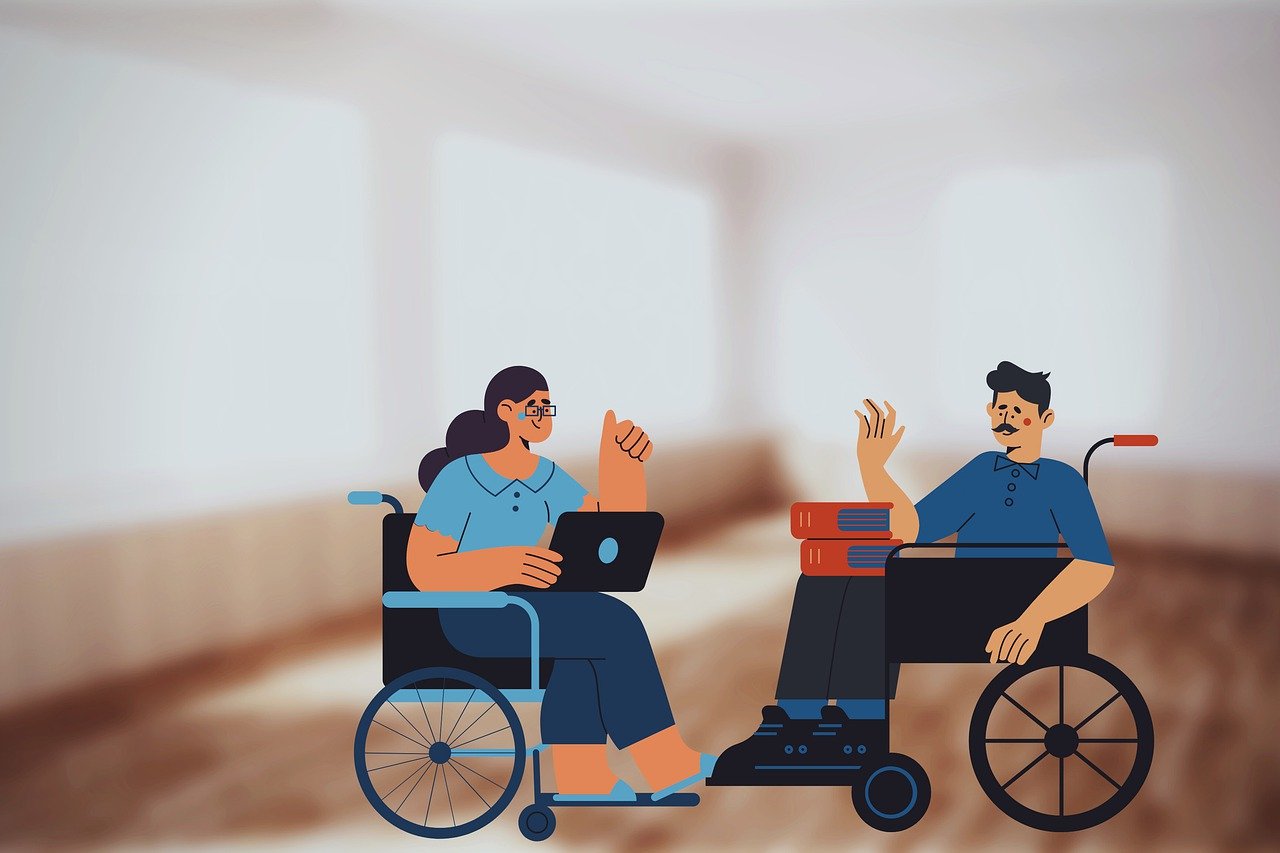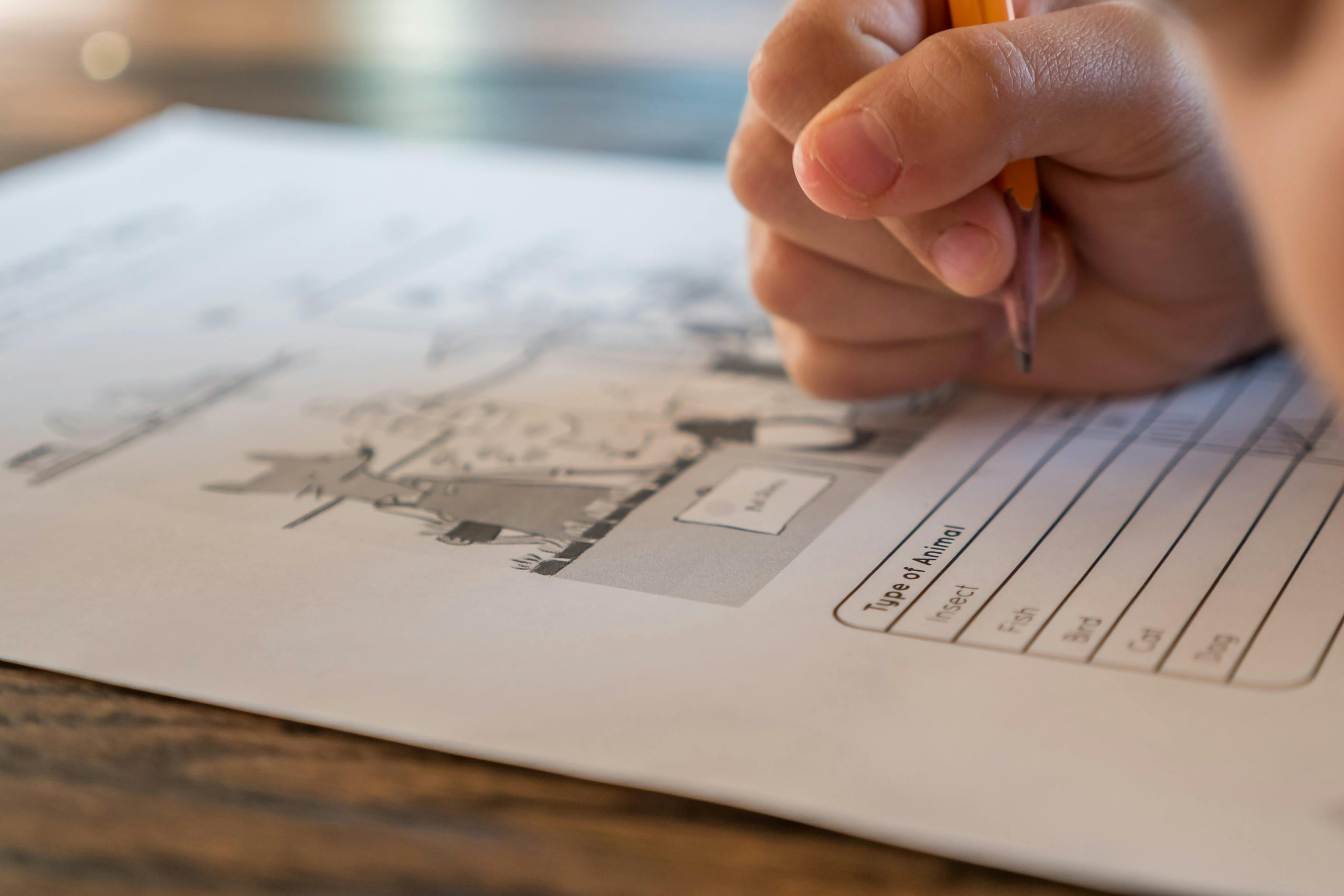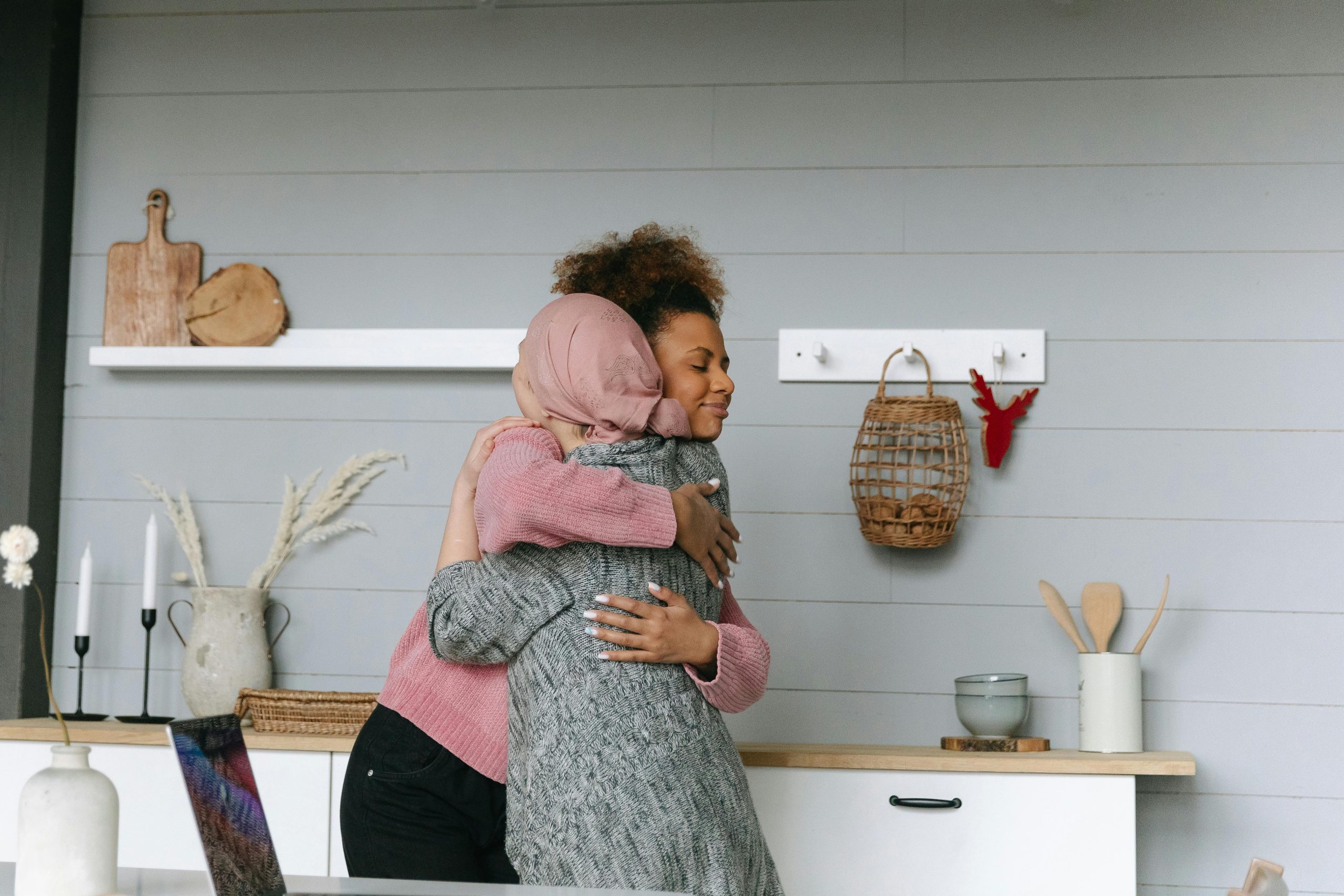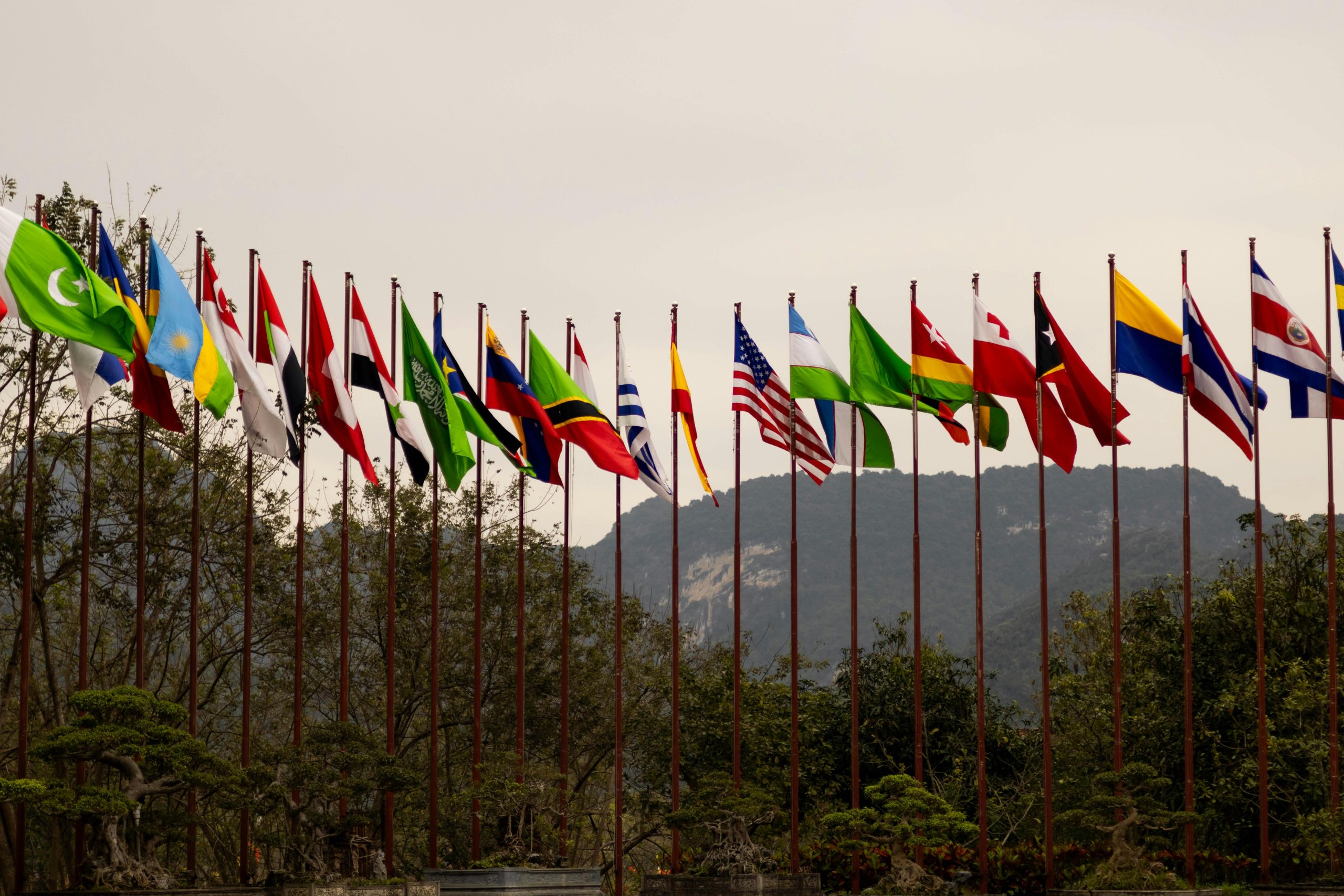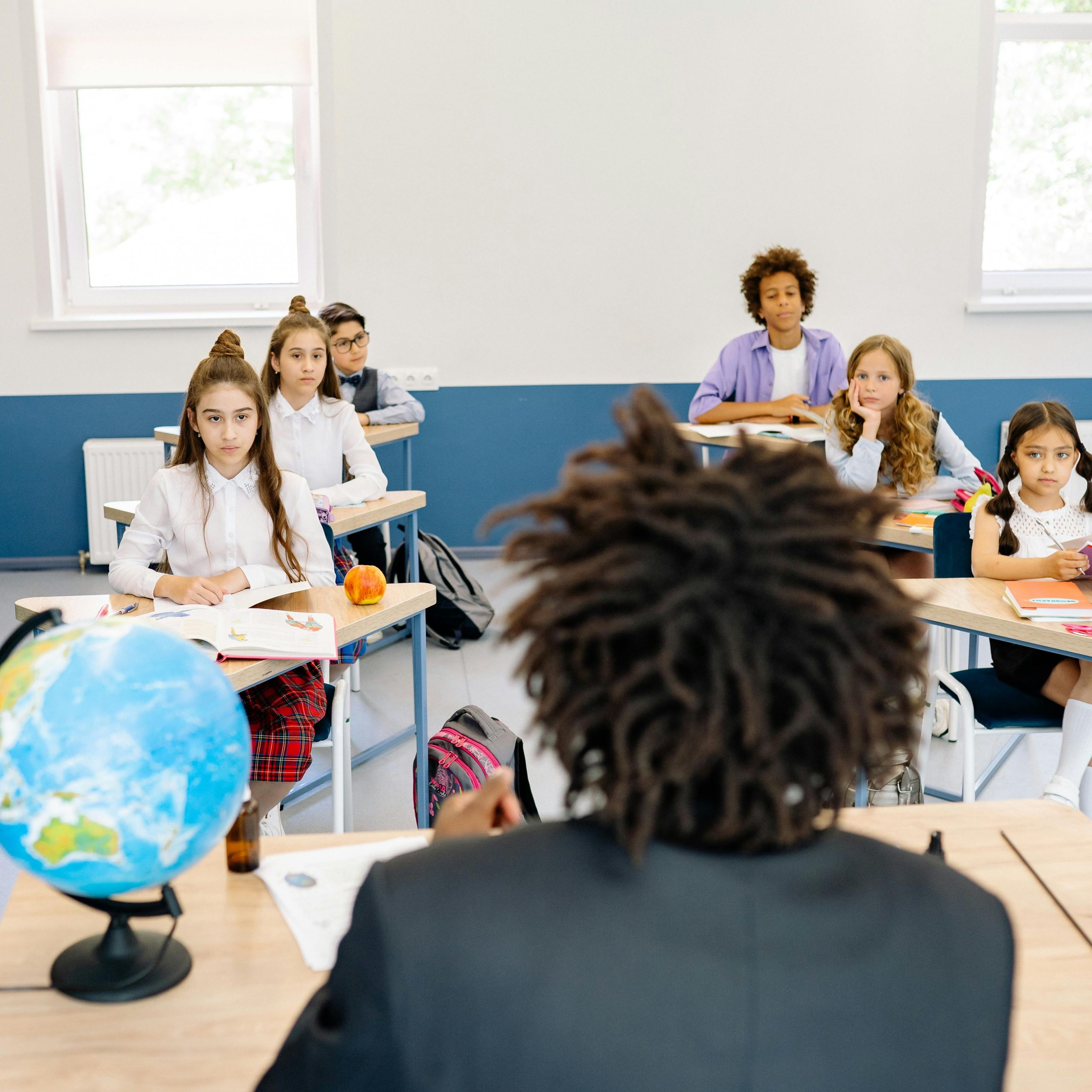The main objective of the activities that are proposed in the context of lifelong learning and post-graduate courses is to create an effective link between academic training and entry into the world of work, but also to encourage mobility and professional reintegration to allow participants to land on new careers, open up to new job opportunities and improve their flexibility. In particular, for the different languages and cultures involved (French, Russian, Spanish, German and Chinese) proposals for lifelong learning activities will be developed with different targets, which will be identified on the basis of the specific needs of the linguistic-cultural areas for which the action is planned. The focus may be international trade and tourism, but also − where appropriate − the publishing industry, the third sector, and the world of mediation. With this in mind, partnerships and collaborations will be sought with trade associations and local bodies. Particular attention will be paid to accessibility and inclusion in their broadest sense: through lifelong learning activities, the aim will be to break down communication and/or cultural barriers that undermine full access to job opportunities and participation in social life. All the activities that will be proposed are part of a consolidated tradition of lifelong learning courses for professional communication that have already been activated with good success in the context of university post-graduate training.
Group leader: Sabrina Bertollo
Internal members:
- Chiara Battisti
- Stefano Bazzaco
- Barbara Bisetto
- Anna Bognolo
- Sara D’Attoma
- Giorgia Pomarolli
- Giovanni Tallarico

